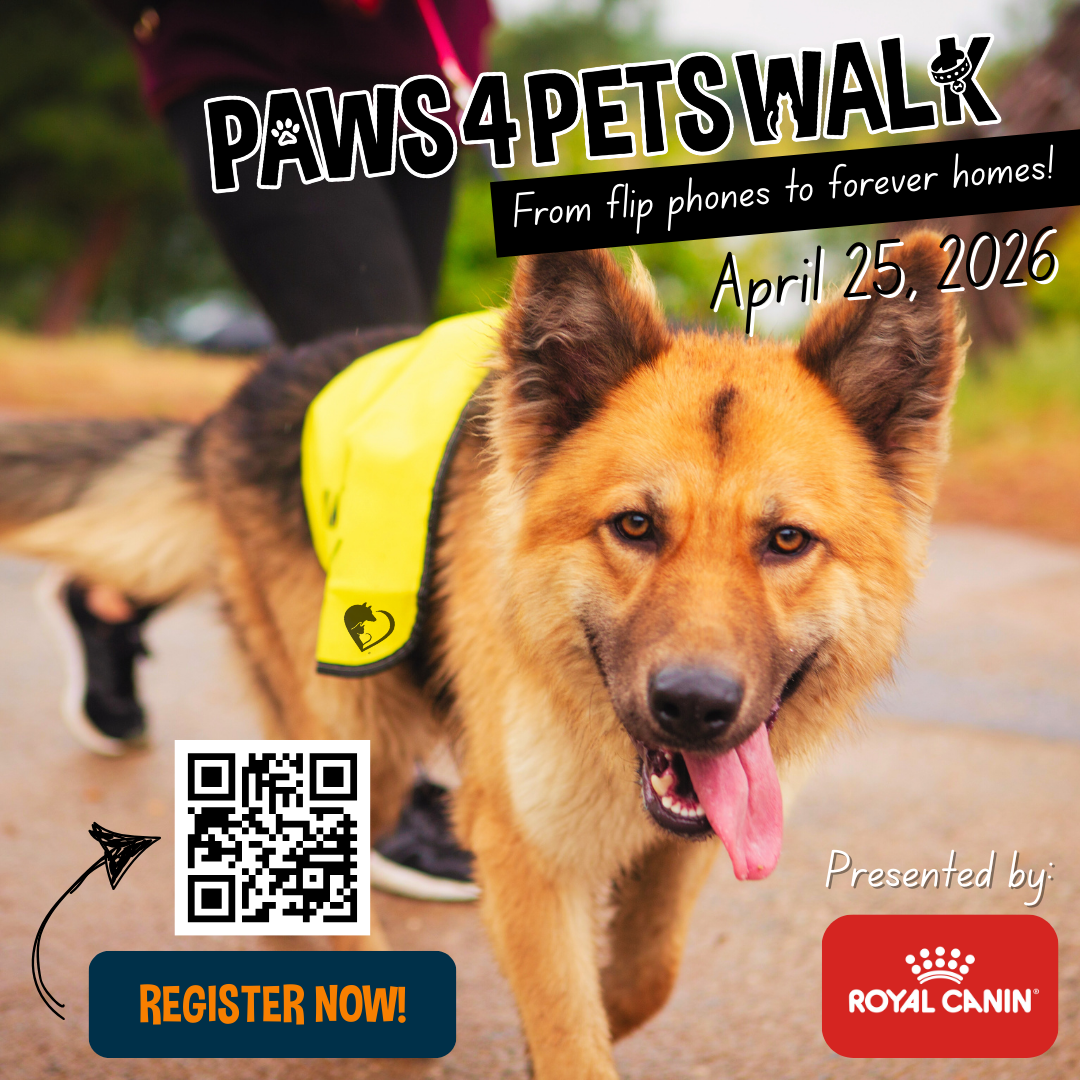Teething Troubles
Chewing is a normal behavior for a puppy. The key is teaching your puppy what is acceptable and what is not acceptable to chew on. Just like when you child proof your home, you need to puppy proof your home as well. It is very important to make sure you do not have any poisonous plants in or around your house; you can consult your veterinarian with any questions. Puppies usually are teething until they are about six months old, chewing helps relieve some of the discomfort.
Your puppy is almost like having a child, if they can get into something they will.
If you keep a trash can in your kitchen, make sure it has a locking lid. This will stop the puppy from getting into the trash, especially if it contains something harmful such chicken bones.
Keep things such as socks, children’s toys, shoes, etc. picked up. Remember you need to teach your dog which toys are acceptable to chew on or play with. There will not be a temptation to chew on something if it is not there.
If you should catch your little angel chewing on something not acceptable, interrupt the behavior with a loud noise, offer him an acceptable toy of his and praise when accepted. When you interrupt the chewing behavior, if he still has it in his mouth you may remove the item from his mouth, tell him no and offer the acceptable item or toy to chew on and end with praise.
Puppies and adult dogs will chew out of boredom or lack of exercise. Once they have completed their vaccination series, take the dog/puppy for walks as much as possible. Allow supervised socialization with other dogs of the same size.
Remember that a well-socialized dog is a happy dog!







